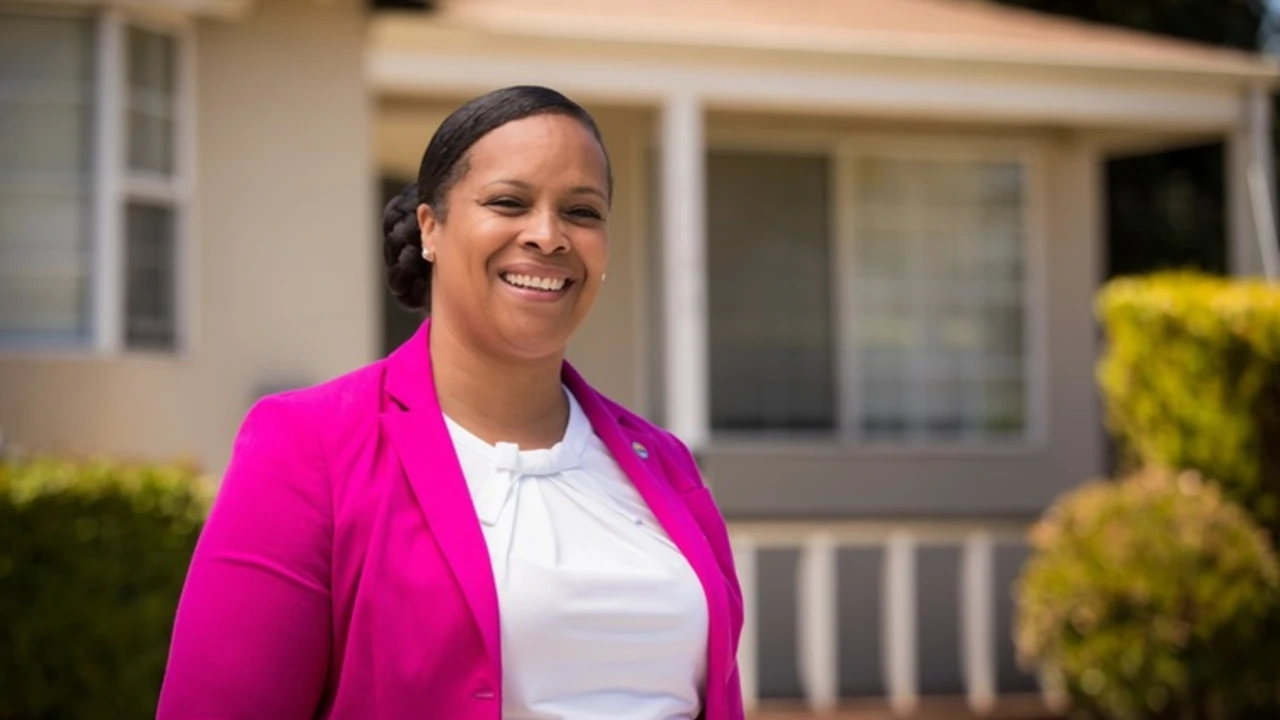
Texas' big move into private school vouchers has raised credit concerns about its public school districts amid a more competitive environment that could lead to diminished enrollment and decreased state funding.
The state will launch what Gov. Greg Abbott called "the largest day-one school choice program in the nation" in the 2026-27 school year. The Republican governor, who made education savings accounts his top priority for the 2025 legislative session, on May 3
With state funding of public schools allocated primarily on a per-pupil basis, a shift of students and funding to private options could result in budgetary pressures as the voucher program ramps up, according to a July 31 KBRA report.
"While near-term effects may be muted, the long-term impact on individual districts will depend on their ability to adapt through strategic planning, operational flexibility, and efforts to attract and retain students," the report said.
Larger urban districts are probably the most vulnerable as some struggle with student achievement and have long-standing trends of enrollment declines, according to KBRA analyst Peter Scherer.
Wealthy suburban districts with high student achievement and popular amenities will likely see limited enrollment shifts to private schools, KBRA's report said, adding that the impact might also be limited for rural districts where private schools may not be available.
In a June report, Moody's Ratings said the ESA program is a negative credit factor for Texas public schools "because it diverts funds away from them.
"As students have access to additional educational alternatives, public schools are likely to face enrollment declines unless their competitive profile improves," the report said.
The primary source of state funding for Texas public schools is the basic allotment, which is based on average daily attendance.
Bond
ESA demand could increase the cost of the Texas voucher program to $4.8 billion by fiscal 2030 with the appropriation level ultimately determined by the legislature, according to an April
Costs have mushroomed in Arizona for vouchers enacted in 2022 that then-Gov. Doug Ducey called the most expansive school choice law in the nation. The universal empowerment scholarship account program, which does not have a spending cap, could
The program's escalating costs could crowd out Arizona's other discretionary spending and introduce uncertainty into its education funding framework, a S&P Global Ratings report last week said.
"For some school districts, the ESA program has contributed to enrollment erosion, further challenging revenue stability under Arizona's enrollment-based funding model," the report said. "The program's fiscal footprint and its implications for both state-level expenditure growth and local education funding equity will remain key considerations in assessing the broader financial impact on school district credit quality."
S&P, which rates 56 Arizona school districts, noted that reform efforts have not succeeded, "leaving the program on a significant growth trajectory."
Democratic Gov. Katie Hobbs' push this year
In fiscal 2025, the majority of the 87,602 students in the program received between $7,000 and $8,000 and the cost of ESAs on an annualized basis was pegged at $901 million, according to a May
S&P also has its eye on potential developments that could affect the bond-issuing charter school sector.
A split decision by the U.S. Supreme Court in May quashed
"The outcome of this Supreme Court decision supports credit stability for the charter school sector by maintaining the long-standing funding framework under the charter school laws in 47 states plus Washington, D.C. that consider charter schools as public schools and generally require that they be nonsectarian in order to receive public funding," S&P said in a May report that noted the high court could revisit the issue in the future.
It added that charter authorization frameworks and funding reliability are key aspects of its credit analysis "and any material modifications to the framework could have consequences for a school to pay its debt service obligations on time and in full."
More than 1.3 million students participate in some form of private school choice available in 35 states, according
State funding for the programs has led to court battles.
The latest legal challenge to Arkansas'
Lawmakers
While participation in the program was initially limited, the state launched universal eligibility for the coming school year. Applications have topped 49,700.
The lawsuit claims most of the private schools eligible to receive state funding under the program are religious based in violation of the U.S. Constitution's Establishment Clause. It also cites an Equal Protection Clause violation and seeks an injunction to stop the vouchers.
Defendants, who include the Arkansas Department of Education, members of the Arkansas State Board of Education, and the governor, filed a motion to dismiss the case on July 28.
The Utah Fits All Scholarship Program, which launched in the 2024-25 school year, continues to operate while it awaits a state Supreme Court ruling on the state's appeal of a district court ruling that found it to be unconstitutional, according to a spokesman for the Utah Board of Education.
The lawsuit brought by the Utah Education Association, which represents teachers, contended
For the 2025-26 school year, $102.5 million in state funding was appropriated for the program, the spokesman said.





